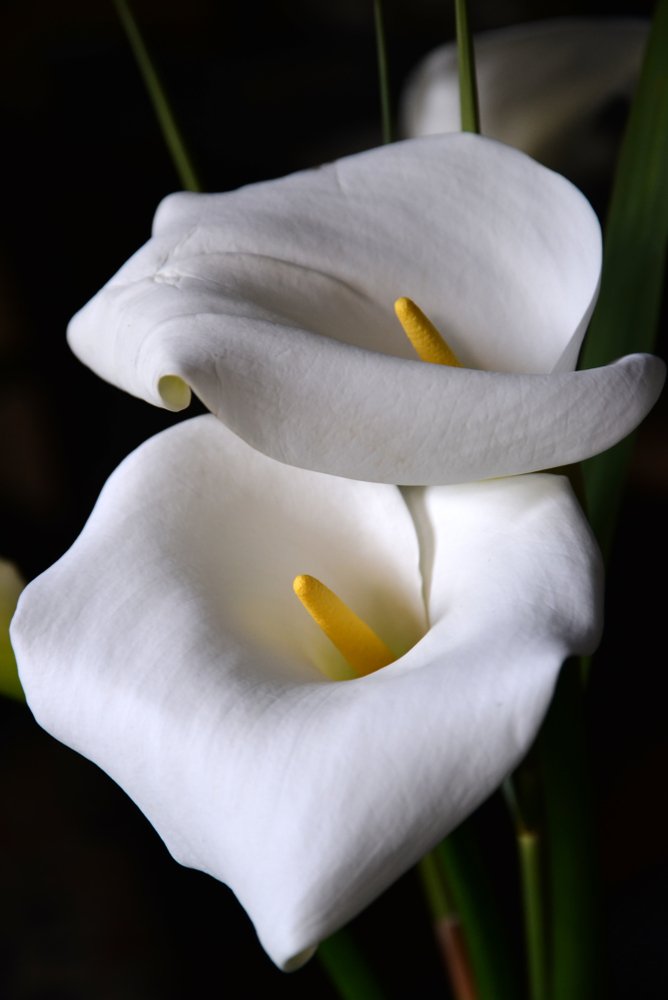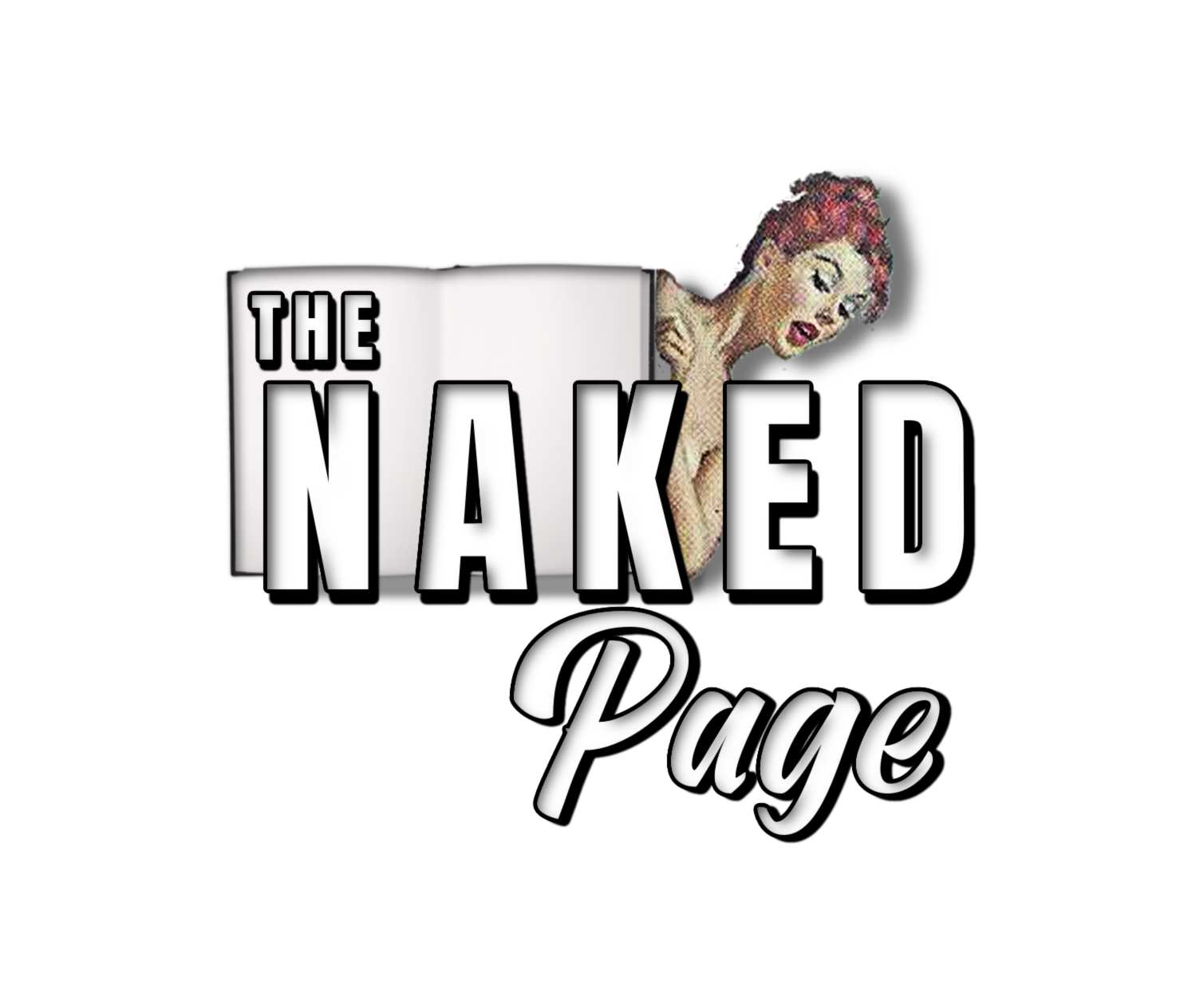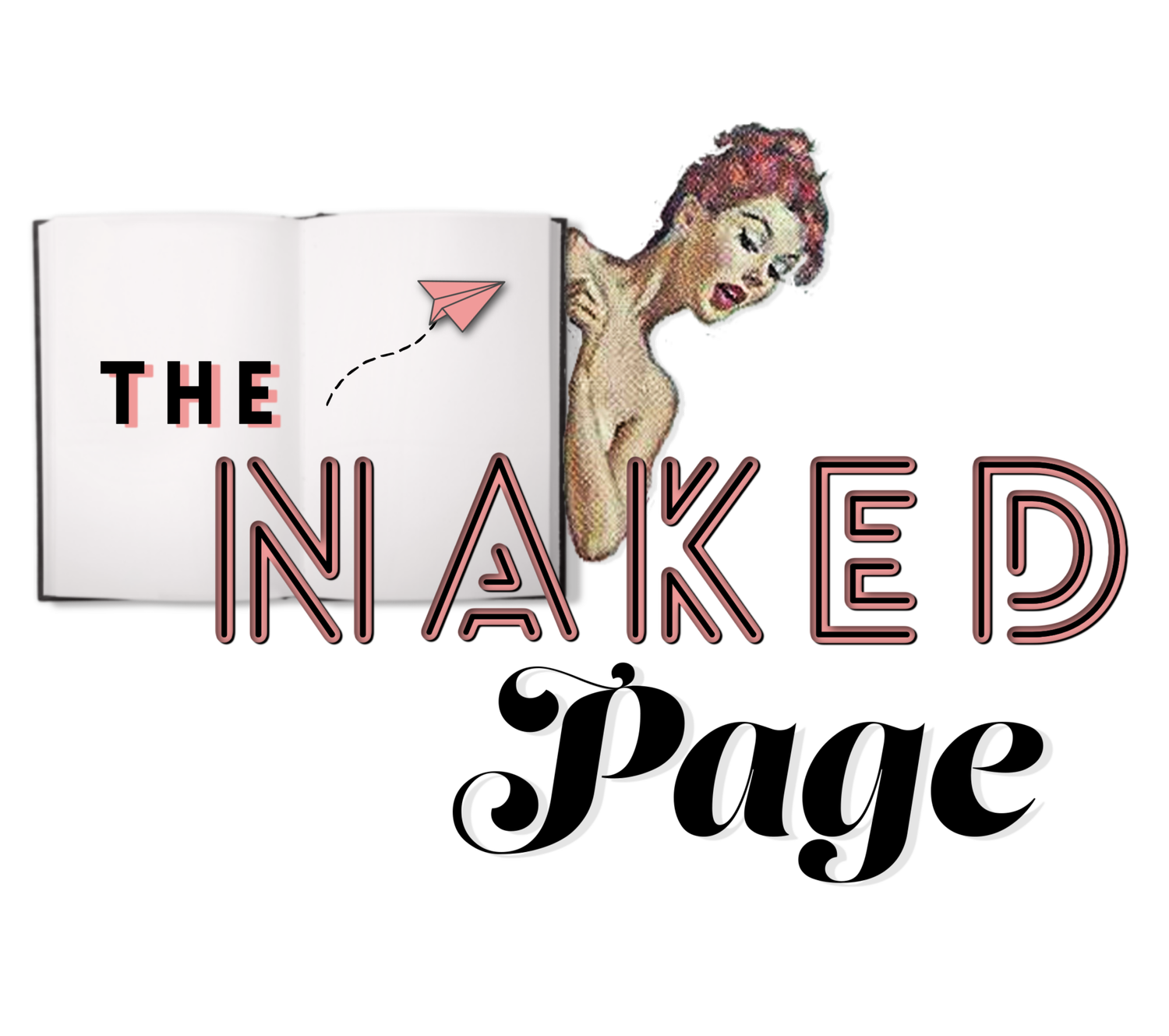
Blog
Blog
Blog
“Il faut cultiver notre jardin,” —Voltaire
For those of us who don’t do fancy French, this means:
“We must cultivate our garden,” says Pangloss at the end of Voltaire’s Candide.
No sentiment could be truer for women who write. Stop focusing on the whole wide world. Instead, maintain a space that is your own and encourages the fruits of your labors to blossom.
But the process of growing our garden requires the right tools. Reading this blog and learning how to revise your own stories could help you cultivate your garden, obtain peace of mind, and establish your writing legacy. Happy reading and writing!
Looking for a specific writing topic? Search the entire blog below.

The Secrets of Hauntology (And How to Use them to transform your memoir)
In life, the one thing we don’t have much control over is time. It steals from us. It eats up our days with obligations leaving the most profound moments few and far between. And in the end, as they say, life is short. We never know what day will be our last.
But I have a secret for you. Are you ready? This time thing—it works in your favor when writing a memoir.

This is the End
Endings.
Ever struggle with those in your writing?
This isn’t my usual birth—death—rebirth-themed nugget of inspiration. Although that’s an important concept to consider anytime you’ve reached the culmination of something.
Today, I want to address the kinds of endings that must well—truly end.

How to Listen While You Write
Here’s my most unpopular opinion: Selfie culture sucks!
I’ve never been a fan.
I recently spotted a travel writer on Instagram who was detailing her upcoming trip to Barcelona, Spain.
“I can’t wait to see her pictures,” I thought.
But the only pictures we got were of her inside airport bathrooms. Yuck!
Me, me, me. Despite the first two letters in the word memoir, writing one is NOT just sticking your selfies inside a book. It requires that you learn to listen and reflect on the world around you.

The #1 Scariest Writing Myth
I participated in the November National Novel Writing Month waaaaaaay back in 2005. It’s still going strong. I got a certificate that stated I completed my “novel”—a 50,000 word document that didn’t need any structure. In fact, my last few lines went something like this: “go, go, go, keep writing, keep going, finish the word count.” That manuscript landed in a desk drawer and never saw the light of day again.

Do You Need an Editor?
Figuring out the editing process leaves most of us writers scratching our heads. But you need to understand it before you work with an editor. In high school, we were taught to write dry research papers. College writing programs get super philosophical about literature and tell you to read, read, read. But there’s not a roadmap for revising your creative writing… until now.

